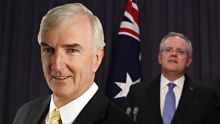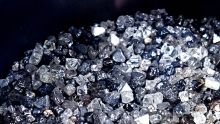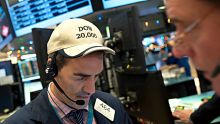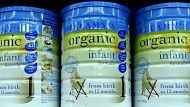London: A bipartisan coalition of former and serving British MPs has raised alarm about Macquarie Bank buying up the UK's Green Investment Bank, with the former business secretary saying the Australian investment bank is the "worst kind of company" to be acquiring the £2 billion ($3.4 billion) fund.
MPs expressed fears that Macquarie Bank, known in Australia as the "millionaires factory", would acquire the Green Investment Bank (GIB) only to strip it of its most profitable parts, abandoning its environmental purpose. Initially Parliamentarians had feared that if owned privately the Green Bank would expand beyond its remit. But sources said that with Macquarie Bank as the likely owner, the fear is now that the Green Bank will be chopped up and sold off according to its financing arrangements, a practice known as "asset stripping" which would trigger a flight of staff and destroy the Bank's ability to carry out it's green mission.
More BusinessDay Videos
Banks admit breaking cartel laws
ANZ Bank and Macquarie Group are facing multimillion-dollar fines over allegations of engaging in cartel conduct over trading in the Malaysian ringgit. Vision courtesy ABC News 24.
The British government had been expected to announce by the end of 2016 who would purchase the GIB, which the tory government, under the leadership of the then Prime Minister David Cameron announced would be privatised in June 2015. The formal sell-off process began in March and Australia's Macquarie Bank is poised to be announced as the winning bidder. Bloomberg on Wednesday, citing a source familiar with the process, reported the UK government is set to agree to a deal to sell the GIB to Macquarie Group in early January.
But that prospect has alarmed some MPs who say Macquarie Bank's past behaviour disqualified it to look after the green bank.
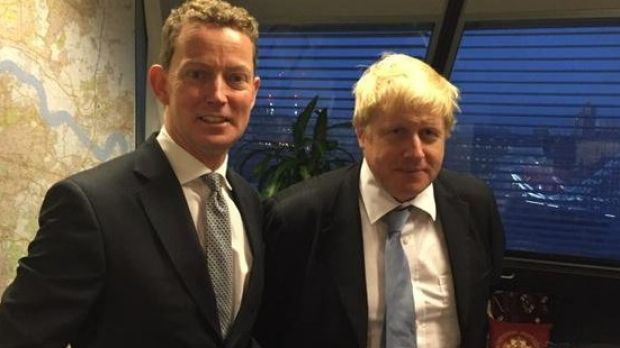
The former Tory minister for energy and climate change Gregory Barker who helped create the Bank has called for an urgent halt to the privatisation process.
"Am increasingly alarmed that sale of #GIB will now see it broken up so much it threatens its future as enduring institution," he wrote on Twitter.
"#slamonthebrakes," he added.
Am increasingly alarmed that sale of #GIB will now see it broken up so much it threatens its future as enduring institution #slamonthebrakes
— Gregory Barker (@GregBarkerUK) December 16, 2016
In 2013, Britain's influential Sunday Times published an article calling Macquarie Bank "the vampire kangaroo" over the Macquarie-led consortium's management of Thames Water which it acquired in 2006.
The former Liberal Democrat MP Simon Hughes told the paper that under Macquarie "Thames has paid out large dividends, run down its capital [and] not paid taxes."
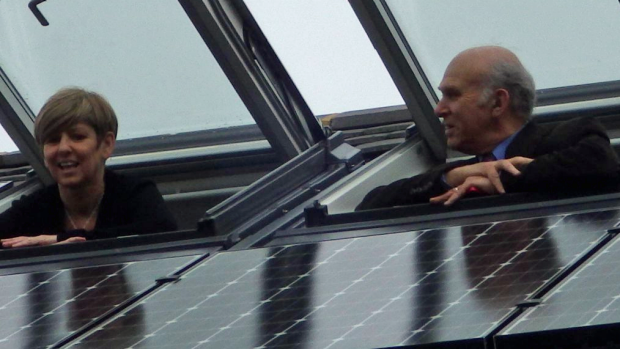
Sir Vince Cable promoting solar panels. Photo: Supplied
Former Liberal Democrat MP and secretary of state for business Sir Vince Cable echoed this, telling Fairfax Media the Australian investment bank was "notorious for pursuing short-term profitability at the expense of long-term sustainability".
This is the worst kind of company to be entrusting maintaining the integrity and green mission of the bank.
Britain's Former Secretary of State for Business Vince Cable
"This is the worst kind of company to be entrusting maintaining the integrity and green mission of the bank," he said.
Sir Vince said while he opposed the privatisation of the bank, he would prefer a different company to Macquarie if the sale had to go ahead.
"A company whose track record is better aligned with the objectives of the bank," he said.
He also proposed a "golden share arrangement" where the UK government would be able to force Macquarie to uphold the Bank's green mission.
"But if it did so I suspect that Macquarie would no longer be interested," he said.
Sir Vince said he believed the Tory government was having second thoughts about offloading the bank to Macquarie, fearing "reputational damage".
The Labour MP and opposition spokesman for business, energy and industrial strategy, Clive Lewis, also backed a golden share arrangement "to ensure beyond any doubt that the bank will be retained as a single institution … even if it causes Macquarie to pull out of the deal."
"If it's broken up, sold off and its green commitments forgotten, not only will the taxpayer lose the healthy returns the GIB has been providing, but the UK risks breaching international and domestic climate targets," he said.
And the first Greens MP elected to Britain's parliament, Caroline Lucas, said Macquarie Bank had a track record of supporting "climate-wrecking projects".
"The government's preferred bidders, Macquarie, are an Australian-based bank funding fossil fuel extraction projects across the world. From open-cast coal mines in China to fracking here in the UK, Macquarie has a track record of [supporting] climate-wrecking projects."

Macquarie Bank declined to comment. Photo: Grant Turner
Fairfax Media approached Maquarie Bank in London for a response to the MPs concerns but the bank said it would not be commenting.
The UK's Green Investment Bank began investing in green energy and infrastructure projects in 2012, making it the first green bank in the world at the time.
Australia's Clean Energy Finance Corporation, established by the former Labor Gillard government in 2012, mimics the bank.
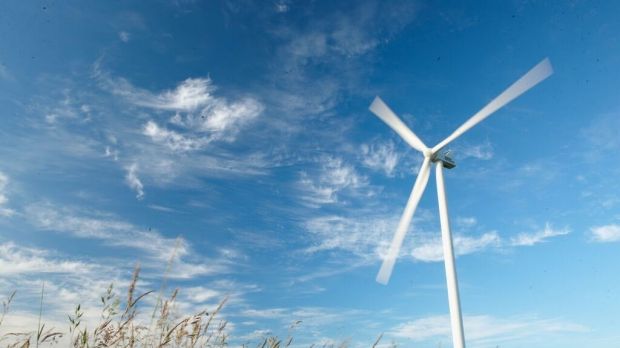
Wind farms are a form of renewable energy and the green economy. Photo: Vestas Wind Systems A/S
Both banks take a commercial approach to financing clean energy projects which would otherwise struggle to find private sector funding.
The CEFC said in July this year that since its inception in 2013 it has invested $2.3 billion in projects with a total value of $6.6 billion.
The GIB says it has funded £2.7 billion worth of a total £11.1 billion worth of transactions in the green economy. In 2015 it began turning a profit.




